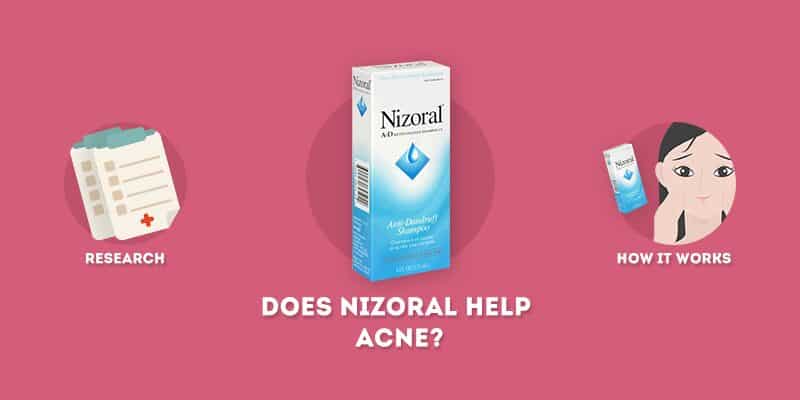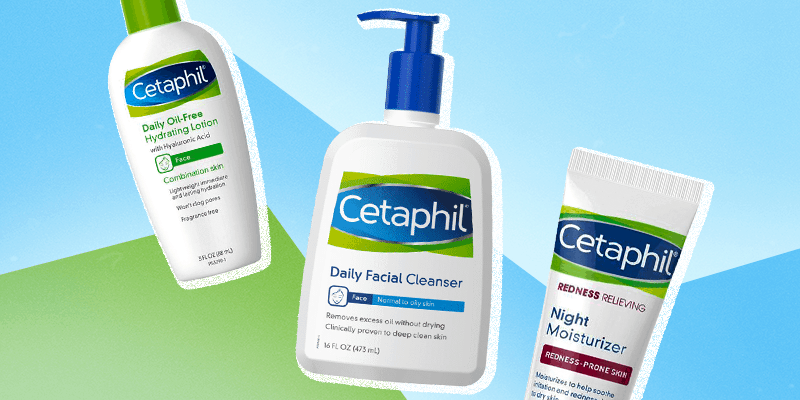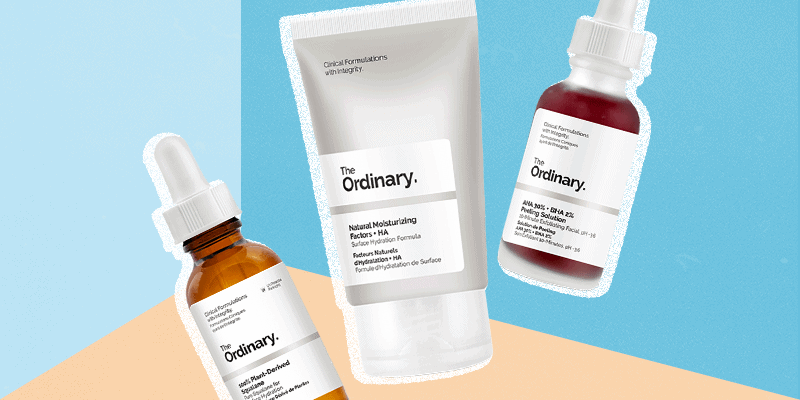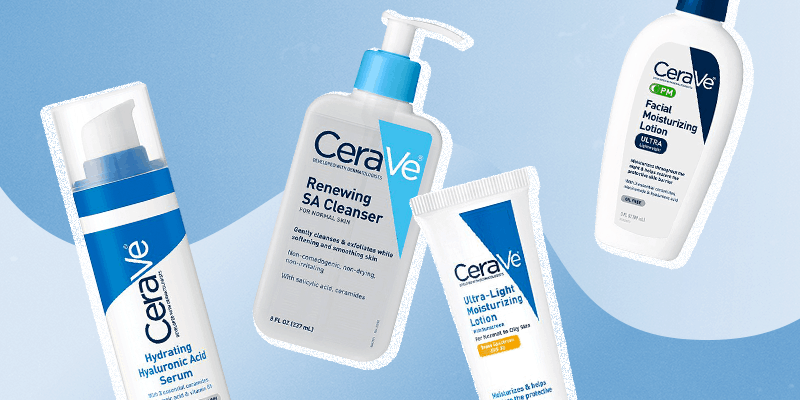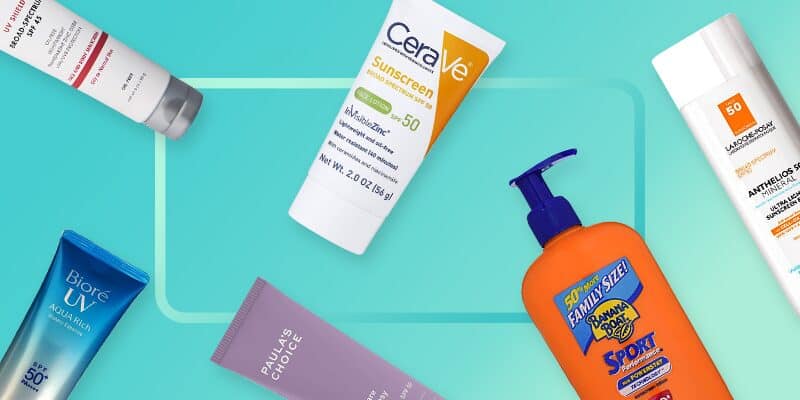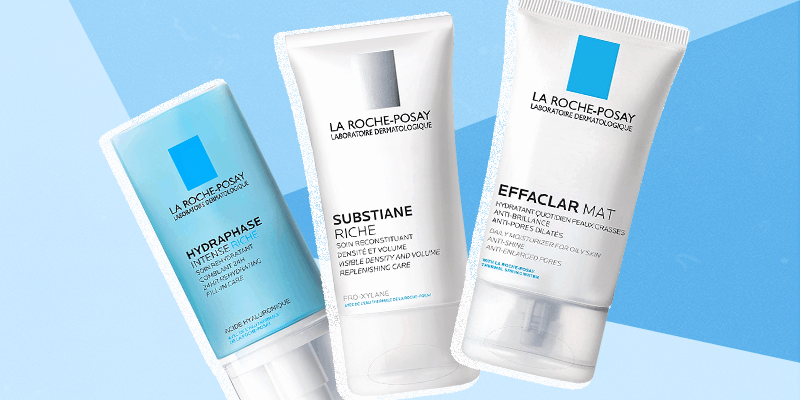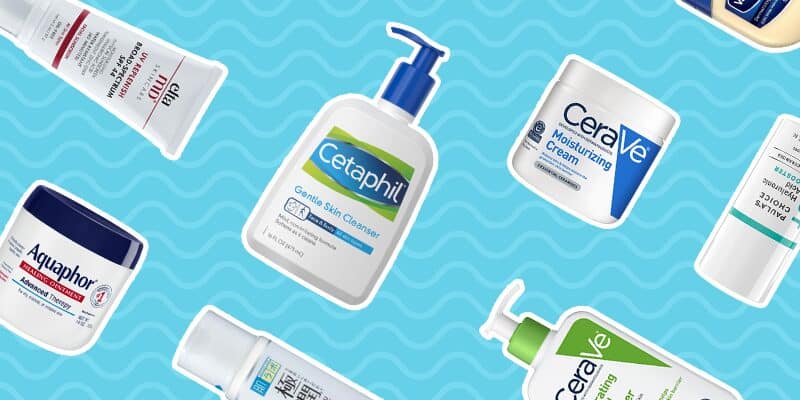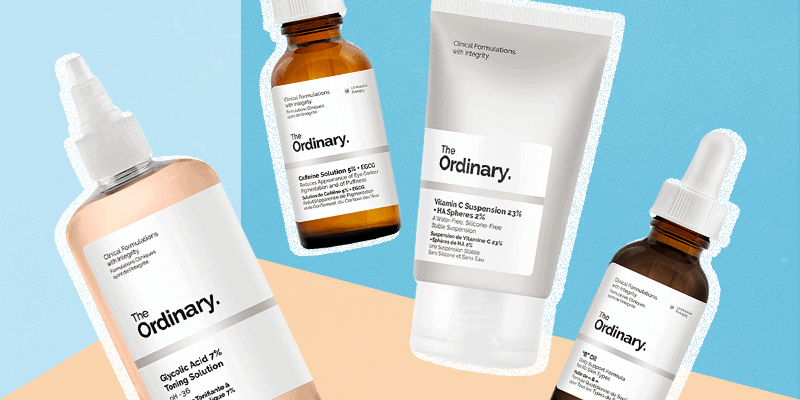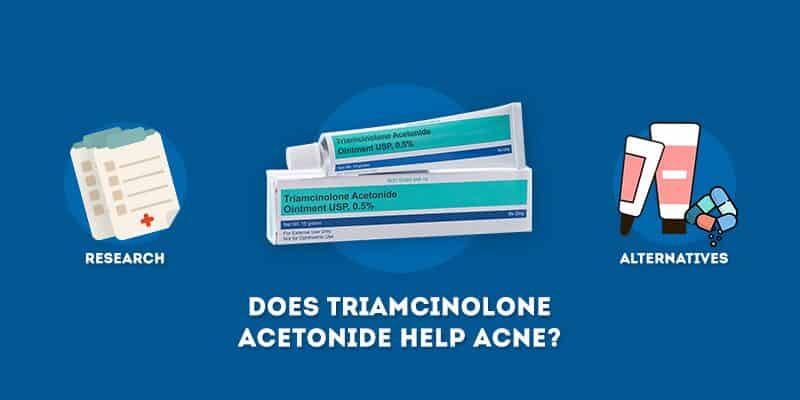As anyone who has struggled with acne can attest to, these blemishes come in many forms. One of the most frustrating types of acne is the fungal variety. Surprisingly, one of the most available treatments for fungal acne is the dandruff shampoo, Nizoral.
What Is Nizoral?
Nizoral is a shampoo specially formulated to fight hair dandruff.
The key ingredient Ketoconazole is an antifungal medication that is useful in the treatment of a variety of fungal infections.
Nizoral boasts a formulation of one percent Ketoconazole to control the flaking and itching that accompany dandruff.
Does Nizoral Help Regular Acne?
Nizoral cannot treat traditional acne (acne vulgaris).
However, studies have shown Nizoral is helpful in treating pityrosporum folliculitis (fungal acne). Pityrosporum folliculitis is a condition where the yeast, pityrosporum, gets down into the hair follicles and multiplies, setting up an itchy, acne-like eruption, as explained by the AOCD.
Unfortunately, pityrosporum folliculitis is often mistaken by physicians as acne vulgaris. Consequently leading to a worsening condition, shows a review published in the Journal of the American Academy of Dermatology.
Treating Fungal Acne With Nizoral
Ketoconazole (Nizoral's active ingredient) is an antifungal medication that helps to inhibit the growth of yeast. By reducing the growth of yeast, it will ultimately help get rid of fungal acne.
What to expect:
By applying the dandruff shampoo (such as Nizoral) to affected areas topically, most patients will likely see some relief of fungal acne. The shampoo should have a concentration of one to two percent Ketoconazole. Nizoral may be used every other day for maximum results.
Although most patients will respond to the treatment regimen of topical Nizoral, those with more severe cases of fungal acne may need to combine the product with oral antifungal therapy. After the oral therapy has finished, many dermatologists recommend using the Nizoral as a preventative measure for at least a few months in order to prevent recurrence.
How to Use Nizoral for Fungal Acne
- When washing your face with Nizoral, be sure to use lukewarm water. Temperatures that are too hot or too cold could cause further irritation, worsening the fungal acne.
- Using circular motions, gently massage a generous amount of Nizoral onto the affected areas.
- Let the product sit for five to ten minutes and then rinse off. Take care to ensure that the Nizoral does not get into the eyes and mouth and do not breathe in the product.
- Lastly, make sure to completely rinse off all traces of Nizoral.
- Give it time to see results! It can take up to 2-4 weeks to see improvement.
You can use nizoral every other day. Scale back to 1-2x per week if irritation or dryness occurs.
Additional Tips for Treating Fungal Acne
Use these tips in conjunction with Nizoral.
1. Avoid Overly Thick or Oily Moisturizers
Overly thick or oily products can feed the yeast and make the fungal acne more pronounced. It is also important to avoid using coconut oil or olive oil on the face. According to board-certified dermatologist Purvisha Patel, MD, these oils provide a fertile breeding ground for bacteria and fungus and will lead to more breakouts.
2. Try a Sulfur Mask
If Nizoral is not working to clear up your fungal acne, you might find relief with a sulfur mask. Used two to three times per week, sulfur ointment works to treat fungal acne by penetrating the pores and killing the fungus. The natural anti-bacterial and anti-inflammatory properties of sulfur are also an exceptional preventative measure.
3. Seek Professional Help
If the OTC solution of Nizoral is not effective for your case of fungal acne, a trained dermatologist can prescribe an oral treatment that might deliver better results.
4. Exfoliate with Beta Hydroxy Acids (BHA)
In addition to a thorough cleansing routine, proper exfoliation is key to stopping acne in its tracks. A leave-on exfoliating product containing the gold standard of salicylic acid will yield the best results.
5. Additional Topical Treatments
Studies show that topical propylene glycol are also an effective treatment option for fungal acne.
Take Before and After Pictures
Properly documenting your treatment and its corresponding results with before and after pictures is the absolute best way to track the effectiveness of the Nizoral treatment. You want to be able to ascertain if the treatment is working so that you can decide if you want to continue.
When to See a Dermatologist
It is time to see a professional dermatologist if the Nizoral is not working or if the acne flare-ups are beginning to negatively affect your self-esteem. A trained doctor can prescribe a treatment protocol best suited for your specific case of acne and your personal preferences.
FAQs
How do I know if I have fungal acne?
It can be hard to tell the difference. If traditional acne treatments are not working, your acne could be fungal. For best results, speak with a dermatologist about your acne concerns.
Is it safe to use Nizoral as a face wash?
Yes, it's safe to wash your face with Nizoral. Dr. Prindaville and her colleagues recommend using ketoconazole shampoo (such as Nizoral) for 5-10 minutes, every other day.
How long does Nizoral take to work for acne?
When used consistently, you should begin to see improvements in your acne in about 2-4 weeks after you add Nizoral to your routine.
The Bottom Line
If you have fungal acne (pityrosporum folliculitis), Nizoral can be a great product to add to your skincare routine. This shampoo (which is traditionally used to fight dandruff) contains antifungal ingredients that can inhibit the growth of yeast, ultimately helping to get rid of fungal acne.
